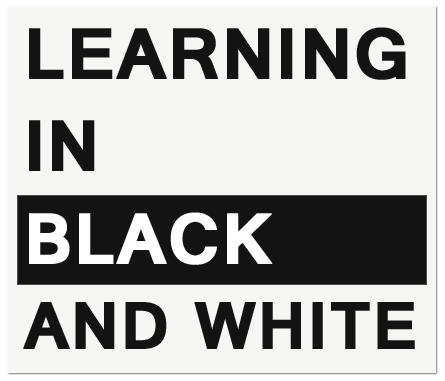
Previous article . . . . . . . . . . . . . . . . . Next article
Editor's Note: Following is a winning essay on human relations submitted by Judy Moffett, a graduate student in English, in connection with the COLLEGIAN-KCSU-FM sponsored Human Relations Essay Contest.
I attended college in southeastern Indiana, a subdued powder key of racial intolerance despite the image of rural sleepiness it projects. I knew Negro boys there who were forced to hitch five miles down the road for a haircut, and a Negro coed who had ordered a sandwich in a department store soda shop and was told she would have to eat it outside.
In my senior year I decided to found a student chapter of CORE or the NAACP to locate such offenders and make it possible for our few Negro students to obtain service from them.
The college president dissuaded me. Leery of any campus organization subject to external control, he "suggested" that we organize independently, write our own by-laws, and in effect, tread prudently with one eye on the trustees.
Then I made the colossal blunder of assuming that only those sympathetic to the idea of forming such a group and anxious for the success or its activities would attend the organizational meeting, and spoke to a mythical gathering of convinced and dedicated souls instead of to the actual audience, which was there to BE convinced, and which wanted, not to decide together on a plan of action, but to find out what I had in mind -- and that was nothing but an uninformed concern to do away with local discrimination wherever it occurred.
The result of that grisly evening was a volunteer committee assigned to investigate, formulate policy, and report back to the larger group two weeks later. Volunteers included an articulate fanatic, well-intentioned and utterly undiplomatic, and psychopathic flag-waver. The volativity we uncovered in local race relations made me seriously afraid of what might happen if we joggled barbers' elbows incautiously, and by the end of their participation in our series of meetings I was ready to vote against turning such people loose on them. Our report recommended that we petition the Student Senate to be admitted as a standing committee under it auspices (and jurisdiction), and turn our attention to discrimination on our campus.
That suggestion passed. The duly drawn petition to the Senate did not; campus Greek organizations, which overwhelmingly dominated campus politics, concluded that the administration was using us to get rid of sororities and fraternities because of their constitutional or de facto segregation, and defeated it.
Finally, as a result of some tedious, gadfly activity, the Senate described and appointed an emasculated Civil Rights Group headed by a Sigma Chi with a conscience, and composed, by Senate ruling, of ONE voting representative from each of the 14 living units -- nine of these being Greek houses. We found discrimination to exist on our campus only in Greek organizations; and the committee, its chairman pulled two ways, the majority of its Greek members resentful of external meddling, ground painfully into stalemate, stuck there, and died.
Very little about my involvement in the committee was exciting or dramatic; what I learned was that not all civil rights issues can be even metaphorically embattled, that there are situations in which the only effective posture is a grim uphill stubbornness -- less exciting and much less satisfying than facing a mob of hecklers or policemen with billyclubs. I also learned that college administrators and many people I call friends are no less inclined to discourage or resist a movement when it threatens their own interests than the Bull Connor racists whom they denounce as a matter of course. We forced them to pay attention enough to resist -- small effect from so much effort, painfully smaller than my first idea, but something better than indifference.
--Judy Moffett